Home Sustainability Eco pro
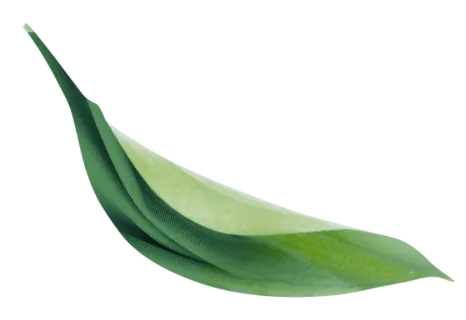

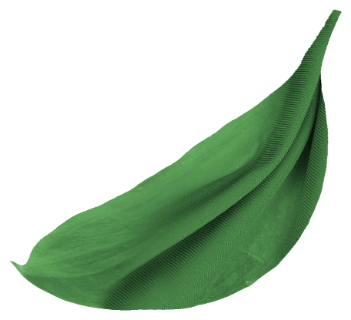

The ECO PRO collection is made using sustainable materials, such as recycled or bio-based materials, but still provides the softness and high performance that meet the strictest international standards. We carefully check every step of the manufacturing process to ensure the use of the least amount of water and energy to produce the most durable, sustainable, and high-quality products.
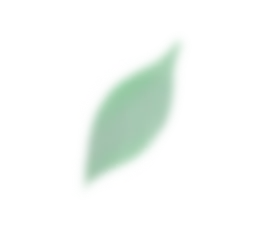



Material selection is key to improving sustainability, reducing carbon, water, and waste footprints, and extending the lifespan of a piece of clothing.
By using longer-lasting, more durable, and less resource-intensive textiles in your products, your organization can reduce product returns and the need for repairs, while increasing the value of your brand to consumers.
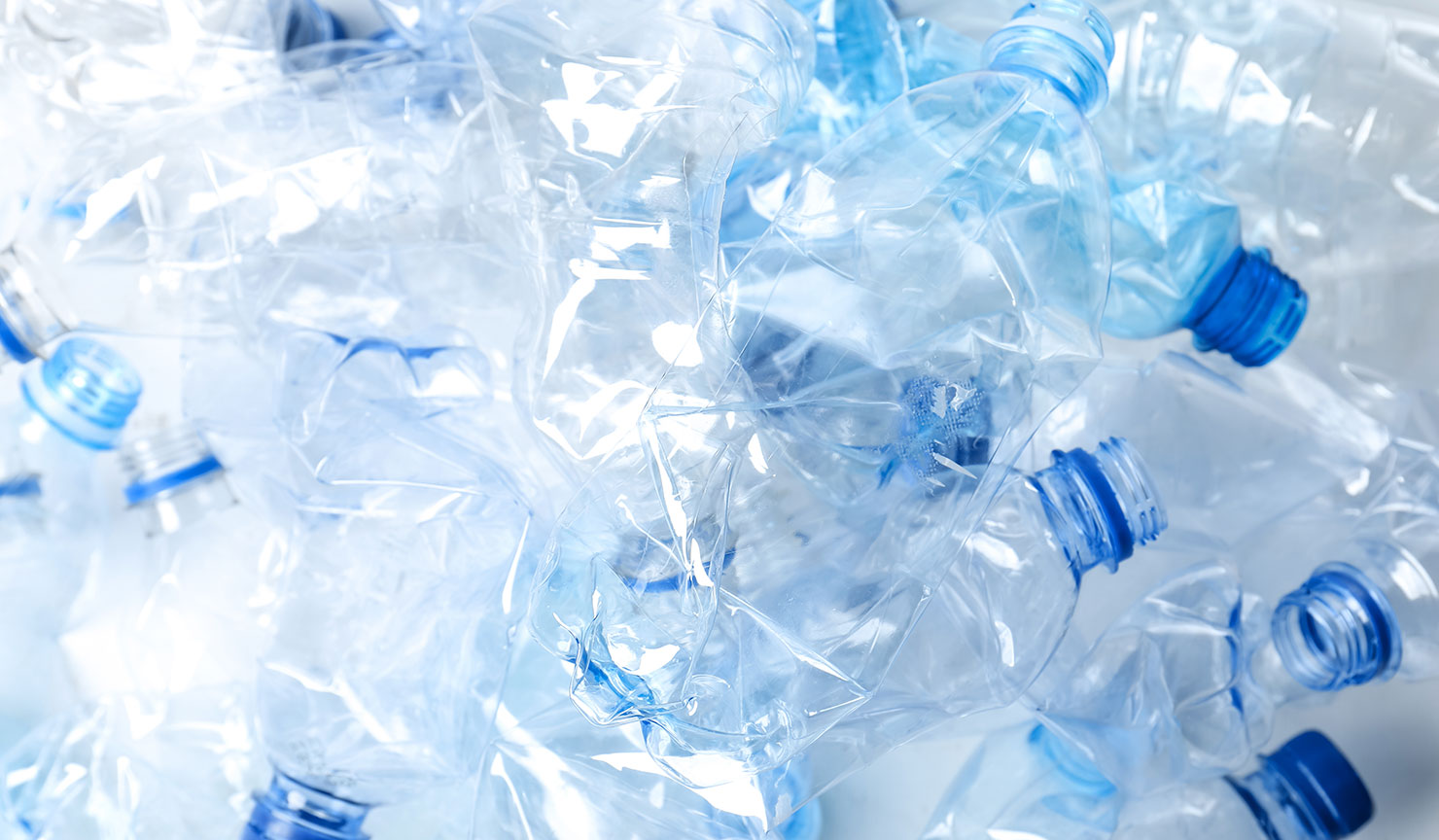
Recycled polyester has always been the most environmentally friendly option and is currently the material with high quality and a stable supply volume. Environmentally friendly recycled polyester refers to polyester materials recovered from garbage collection plants or the ocean, such as plastic bottles, old clothes, etc., which are processed into pieces, melted to remove impurities, decolorized, and re-polymerized into polyester raw materials. It is then turned into yarn and woven into environmentally conscious fabrics.
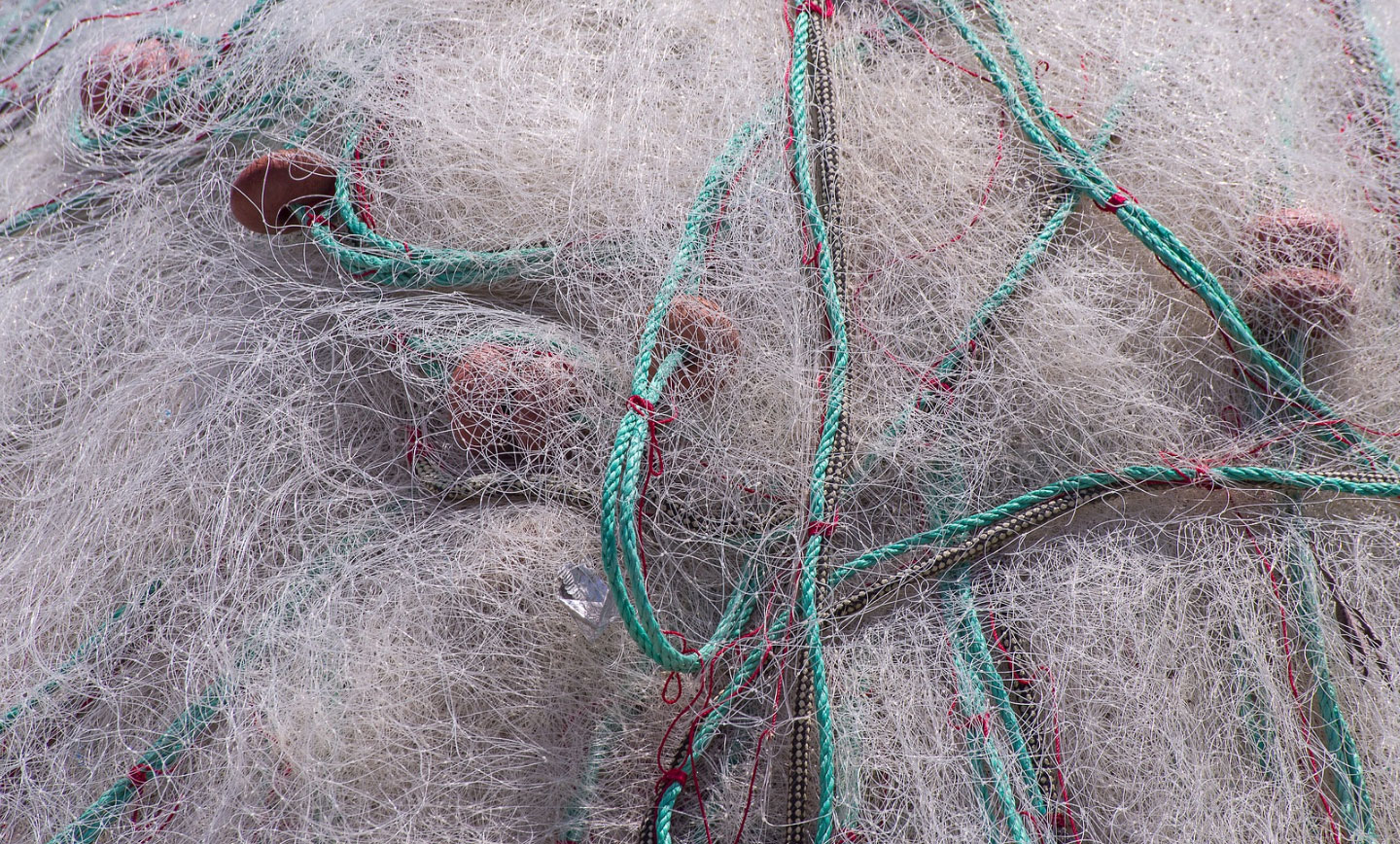
The source of recycled nylon is the waste in the manufacturing process and discarded fishing nets recovered from the ocean. The quality of recycled nylon in the process is relatively stable, but the output of recycled nylon must depend on the output of virgin nylon, which is prone to inconsistency between supply and demand. Nylon recycled from the ocean is an area that we think is more helpful to the environment. It can greatly reduce the impact of discarded fishing nets on marine ecology, while also reducing the impact of global warming when manufactured into harvested nylon.
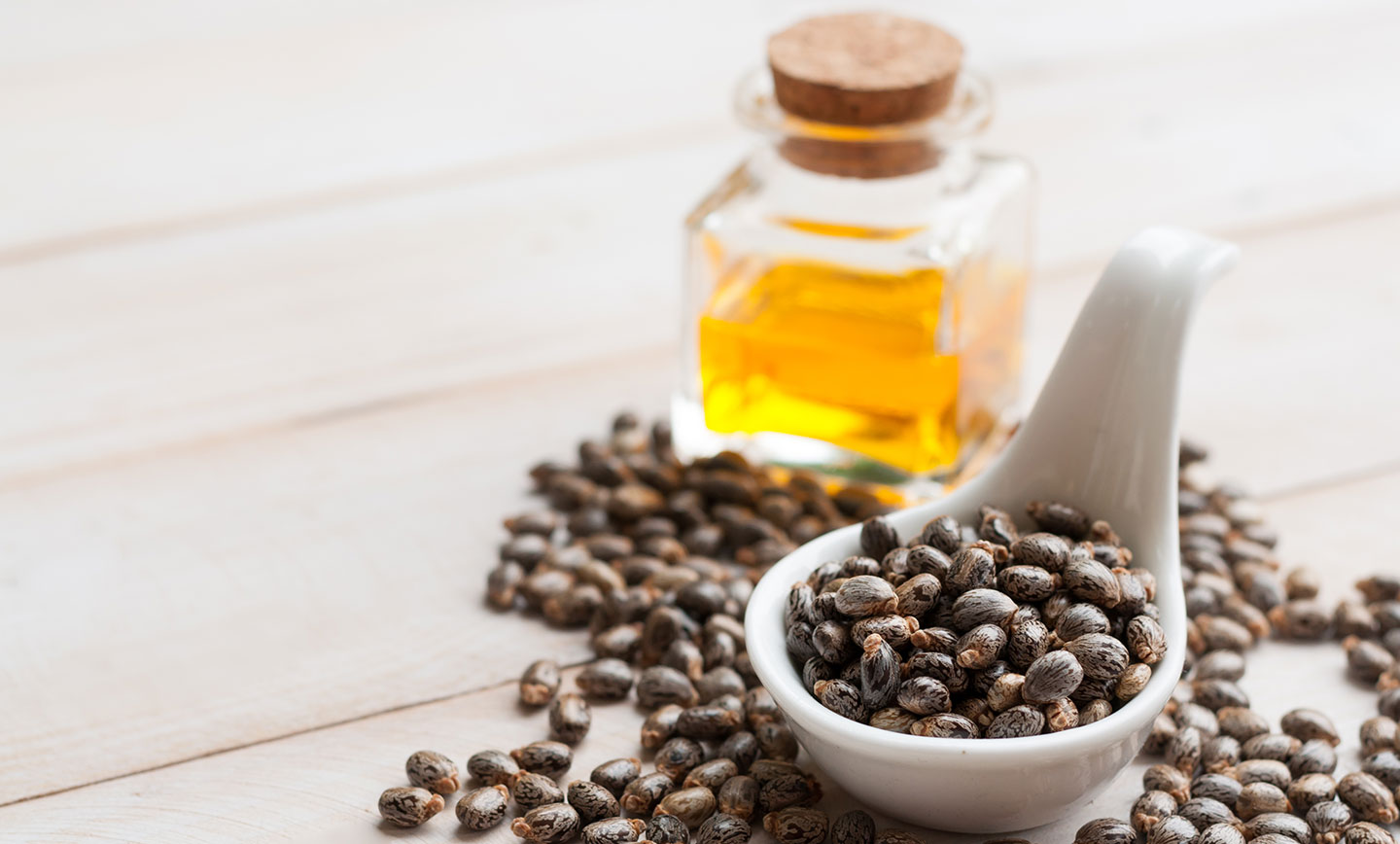
At present, some nylon yarns can be replaced with biomass material versions, reducing the use of petrochemical raw materials, as well as the impact on the environment.
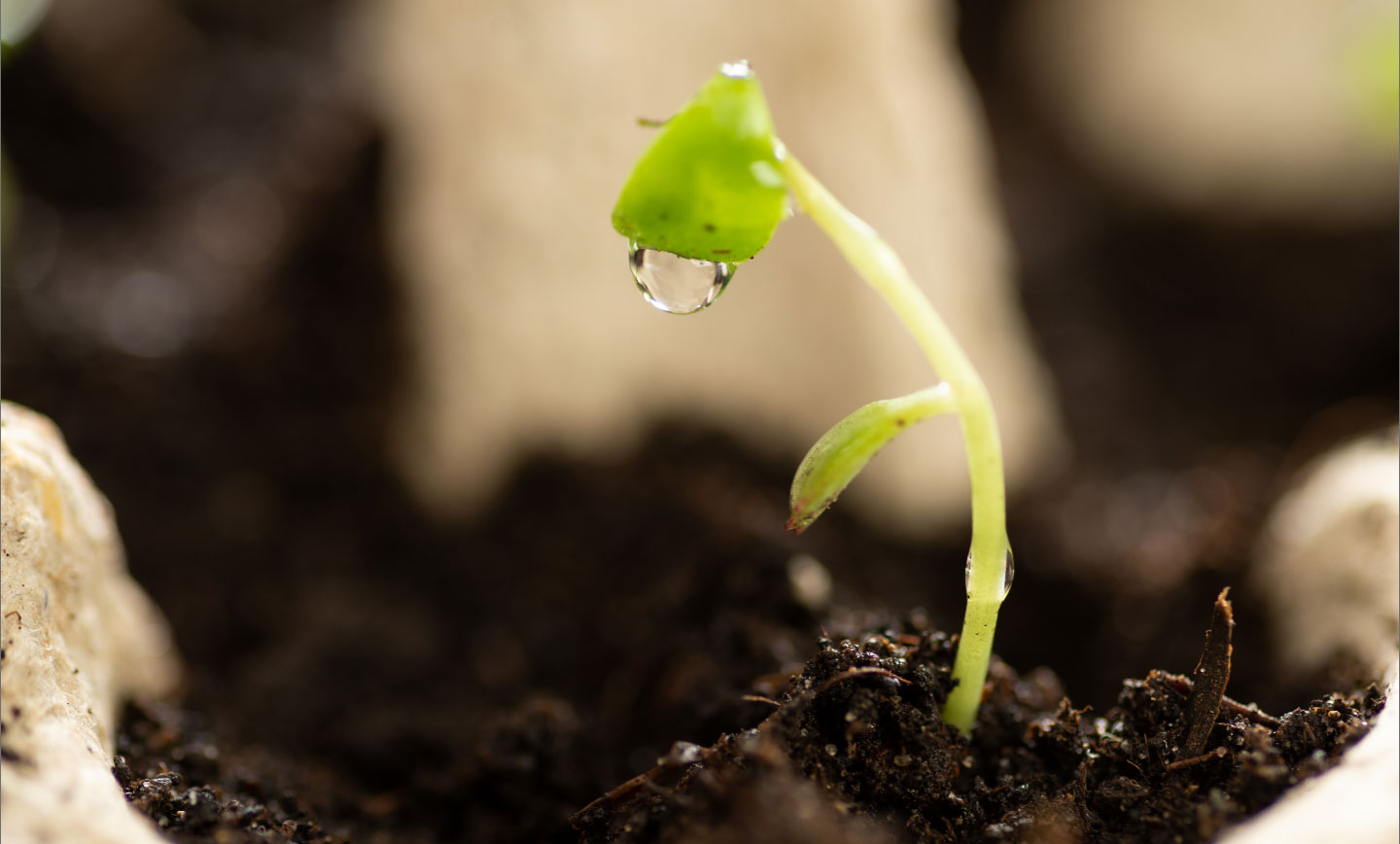
We also provide biodegradable polyester, which can be easily decomposed in a short time when using the correct burial environment, which is much faster than the current polyester fiber decomposition rate.
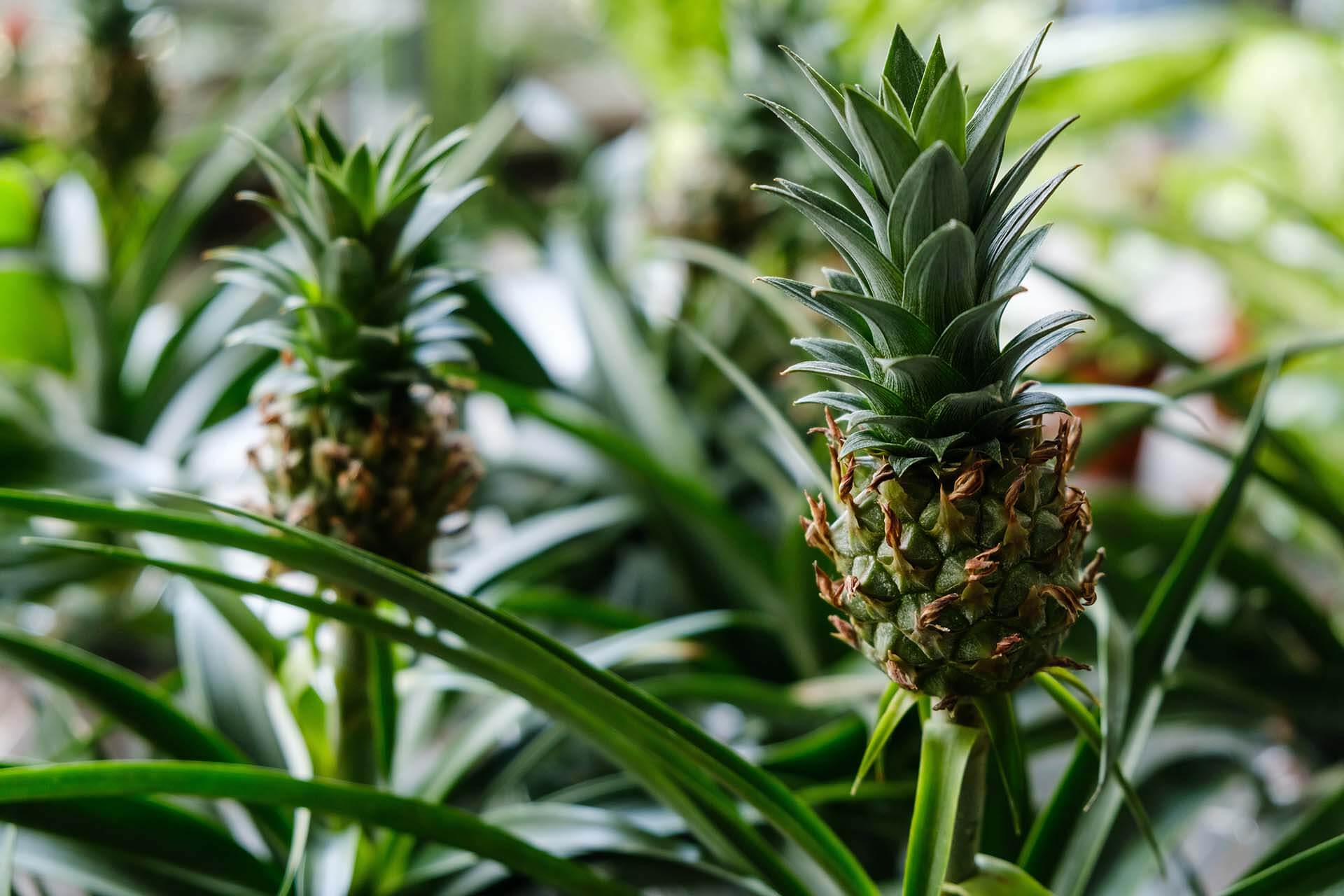
Taiwan is a fruit kingdom, that annually produces over one million tons of pineapples, generating substantial agricultural waste of pineapple leaves. The white fibers of pineapple leaves create a unique weaving effect, and this fiber has robust fiber durability when used in textiles. Utilizing pineapple leaf fiber not only addresses the issue of agricultural waste but also eliminates the need for additional water resources in the fiber extraction process. Reusing pineapple leaf fiber is environmentally friendly and contributes to the creation of a circular economy.
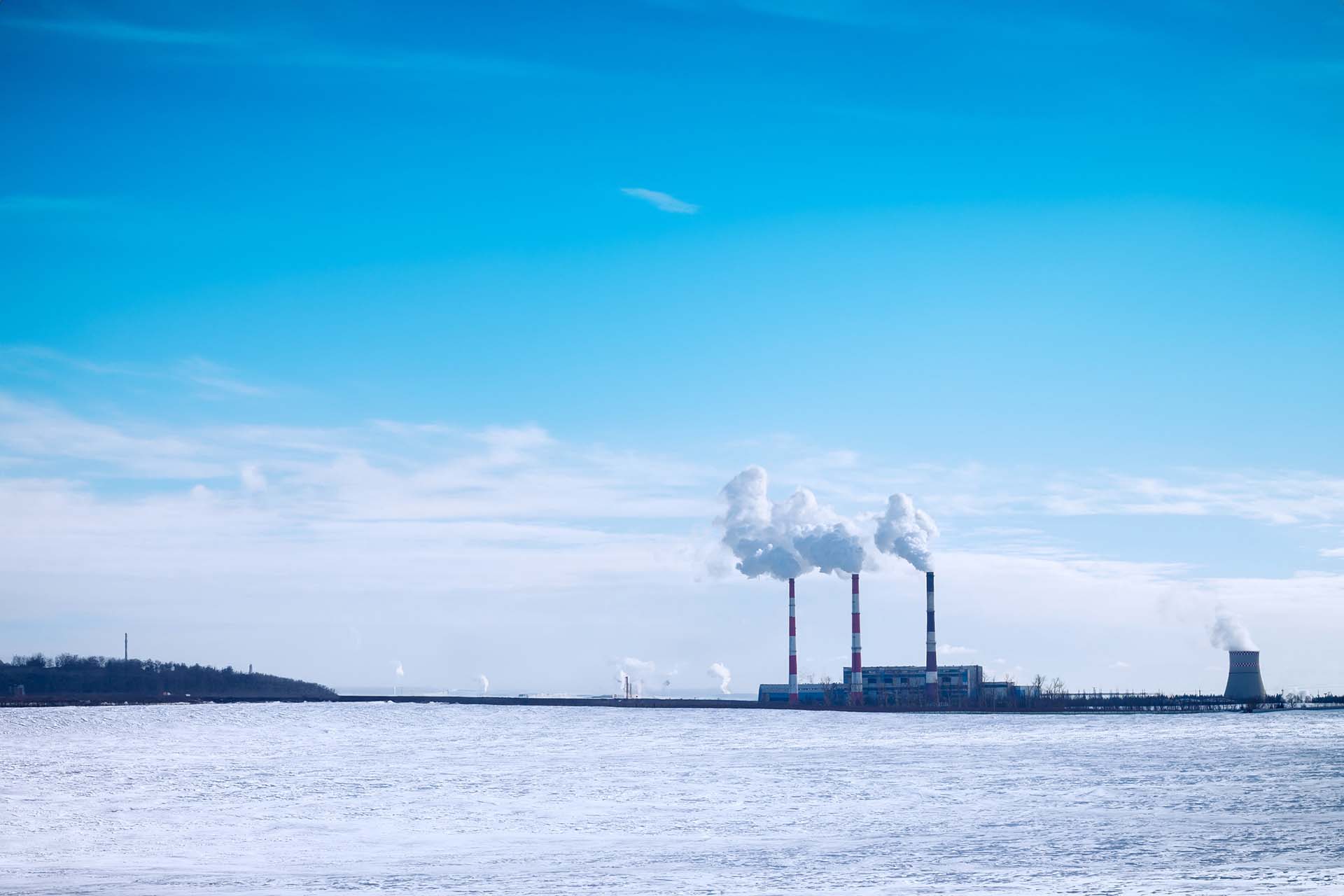
Low-carbon polyester differs from conventional polyester in utilizing ethanol from captured waste gases. By transforming what was once considered waste gas into raw materials through technology, we enable this material to have a lower carbon footprint, creating a greener future.
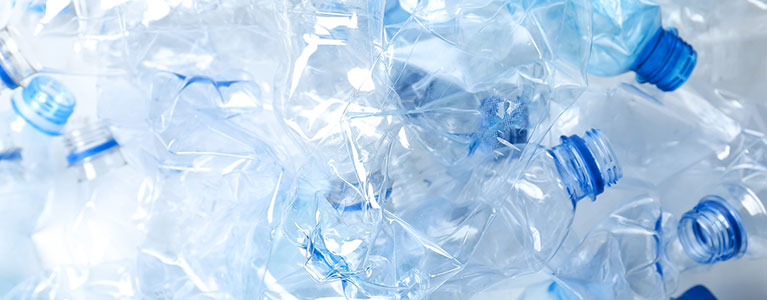
Recycled polyester has always been the most environmentally friendly option and is currently the material with high quality and a stable supply volume. Environmentally friendly recycled polyester refers to polyester materials recovered from garbage collection plants or the ocean, such as plastic bottles, old clothes, etc., which are processed into pieces, melted to remove impurities, decolorized, and re-polymerized into polyester raw materials. It is then turned into yarn and woven into environmentally conscious fabrics.
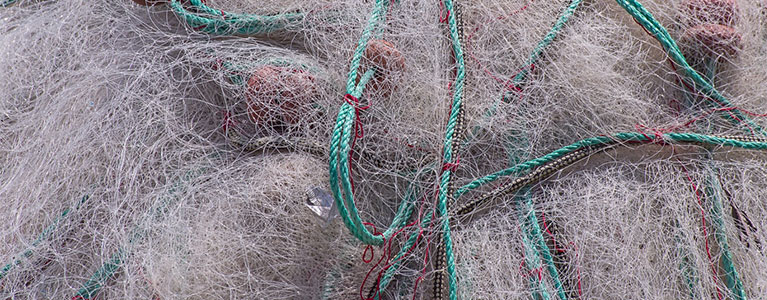
The source of recycled nylon is the waste in the manufacturing process and discarded fishing nets recovered from the ocean. The quality of recycled nylon in the process is relatively stable, but the output of recycled nylon must depend on the output of virgin nylon, which is prone to inconsistency between supply and demand. Nylon recycled from the ocean is an area that we think is more helpful to the environment. It can greatly reduce the impact of discarded fishing nets on marine ecology, while also reducing the impact of global warming when manufactured into harvested nylon.
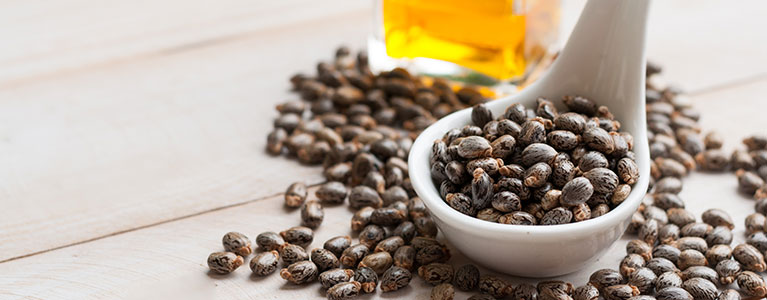
At present, some nylon yarns can be replaced with biomass material versions, reducing the use of petrochemical raw materials, as well as the impact on the environment.

We also provide biodegradable polyester, which can be easily decomposed in a short time when using the correct burial environment, which is much faster than the current polyester fiber decomposition rate.
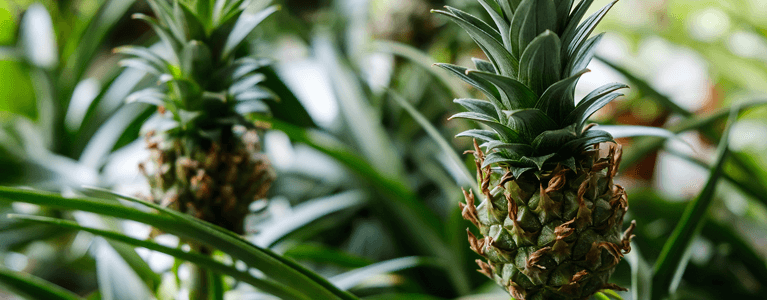
Taiwan is a fruit kingdom, that annually produces over one million tons of pineapples, generating substantial agricultural waste of pineapple leaves. The white fibers of pineapple leaves create a unique weaving effect, and this fiber has robust fiber durability when used in textiles. Utilizing pineapple leaf fiber not only addresses the issue of agricultural waste but also eliminates the need for additional water resources in the fiber extraction process. Reusing pineapple leaf fiber is environmentally friendly and contributes to the creation of a circular economy.
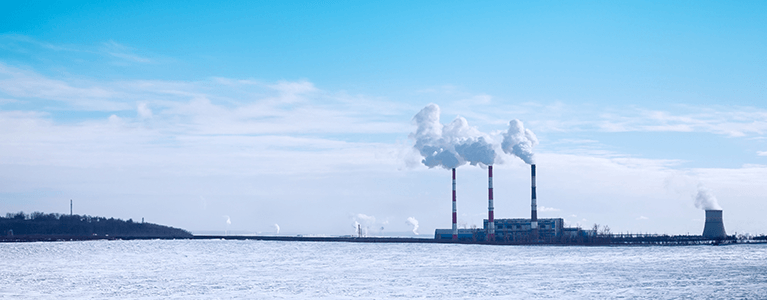
Low-carbon polyester differs from conventional polyester in utilizing ethanol from captured waste gases. By transforming what was once considered waste gas into raw materials through technology, we enable this material to have a lower carbon footprint, creating a greener future.
Finishing is used to enhance a garment's performance. Hydrophilic membrane materials in functional clothing can produce a series of effects, such as waterproof and moisture permeability. Choosing the appropriate sustainable membrane can not only provide the same function, but also improve the efficiency of clothing recycling in the future with reduced environmental impact.
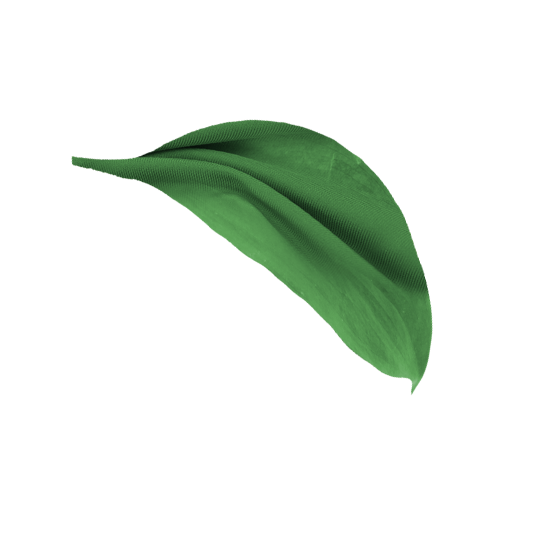

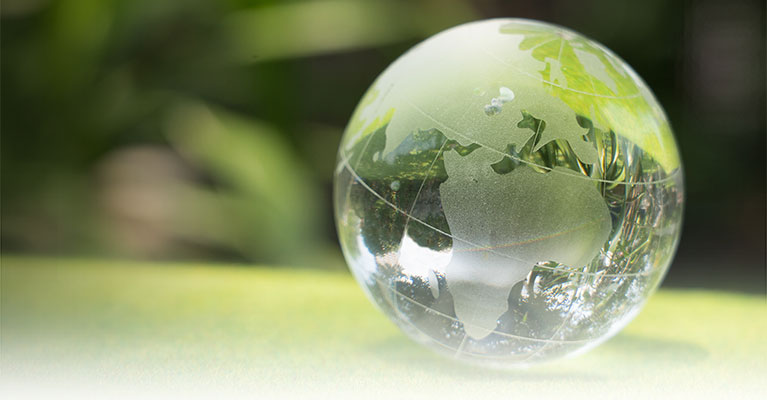

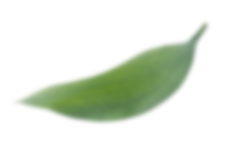

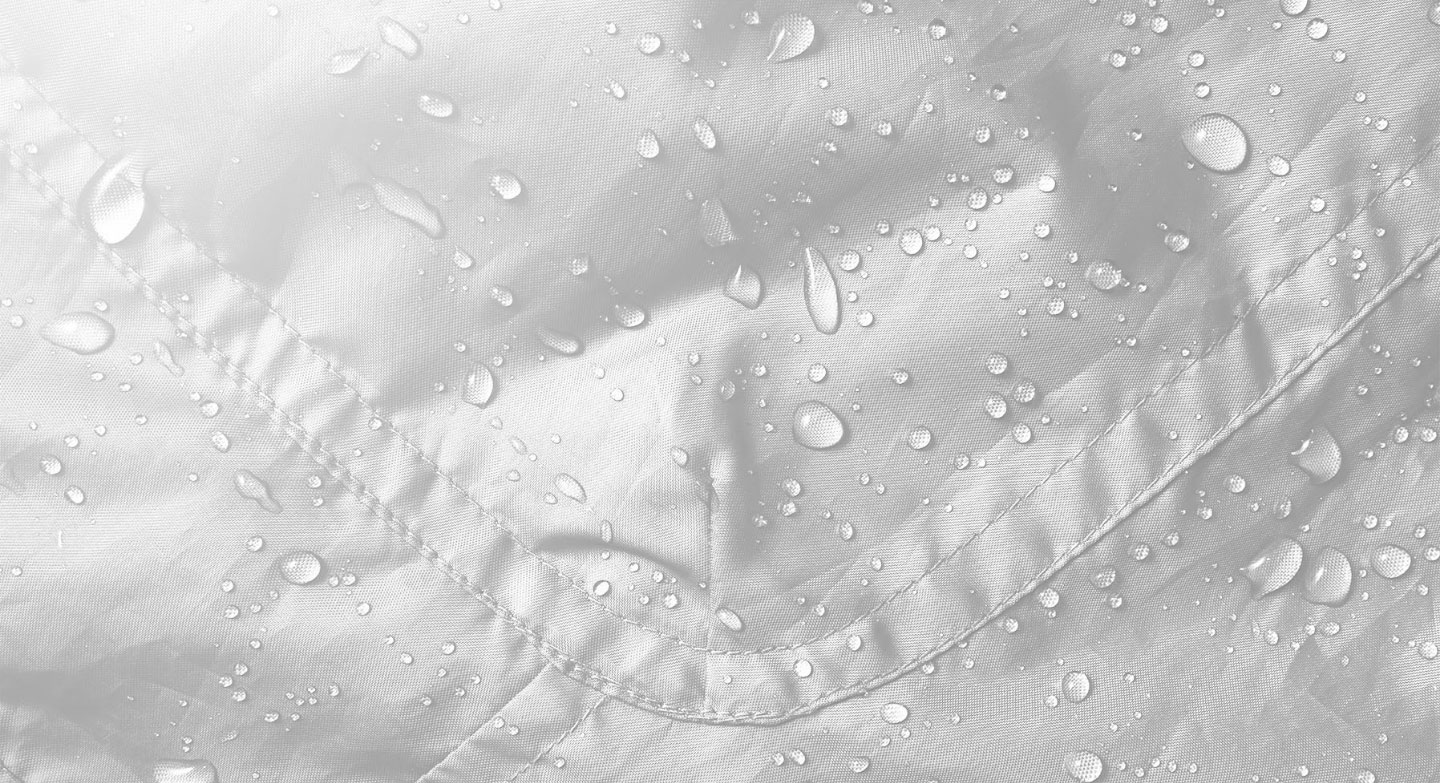
Traditional PU and TPU are polymer materials with perfect waterproof function. Membranes made of Recycled PU/TPU are easy to bond with any eco-friendly fabric. It has comparable tear strength and durability and is highly waterproof and breathable.
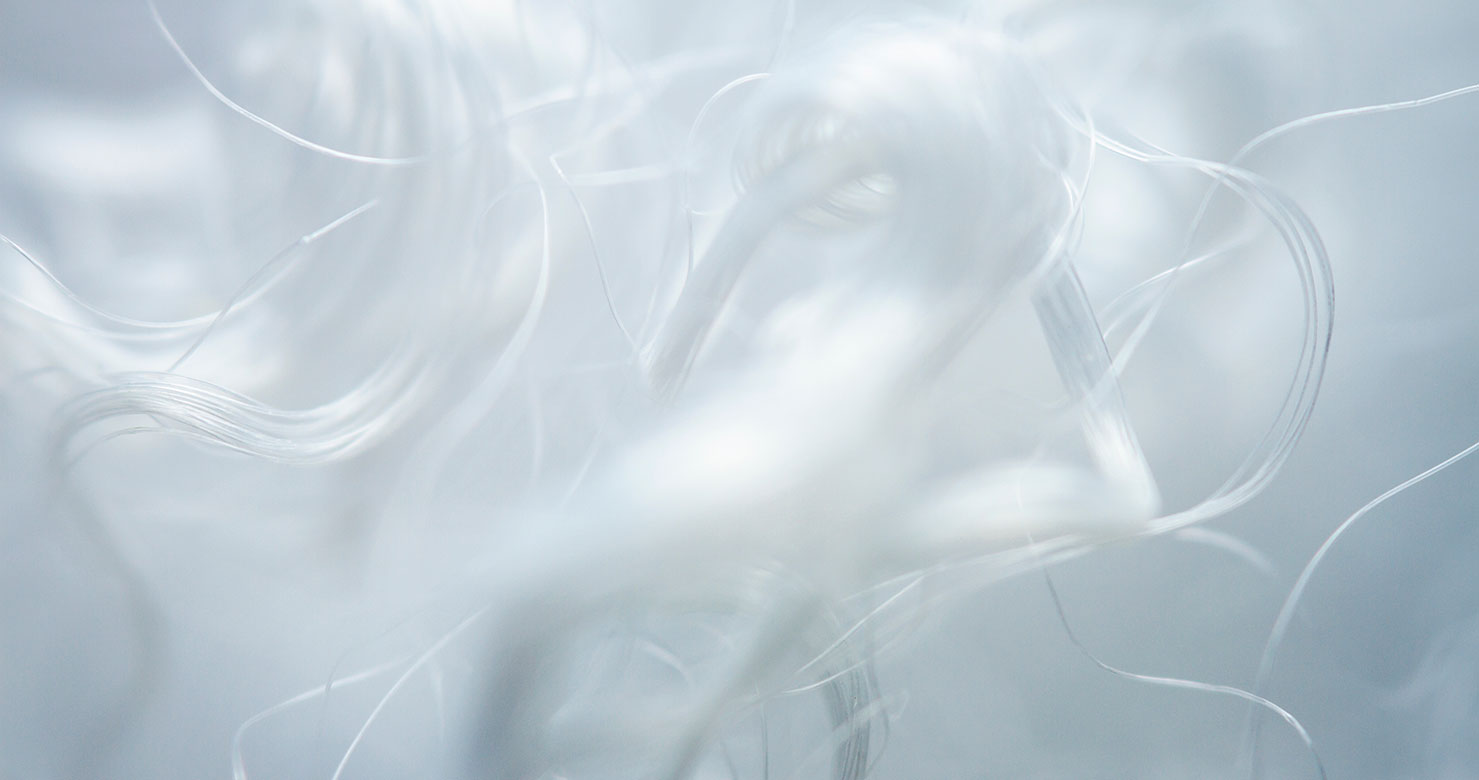
Nylon material has a natural high moisture content, and the moisture permeability of the membrane material is excellent. Compared with traditional nylon, the use of recycled and biomass nylon can reduce the impact on the environment. In addition to having excellent hydrophilicity, the use of fabrics of the same material can contribute to the goal of single recycling of garments in the future.
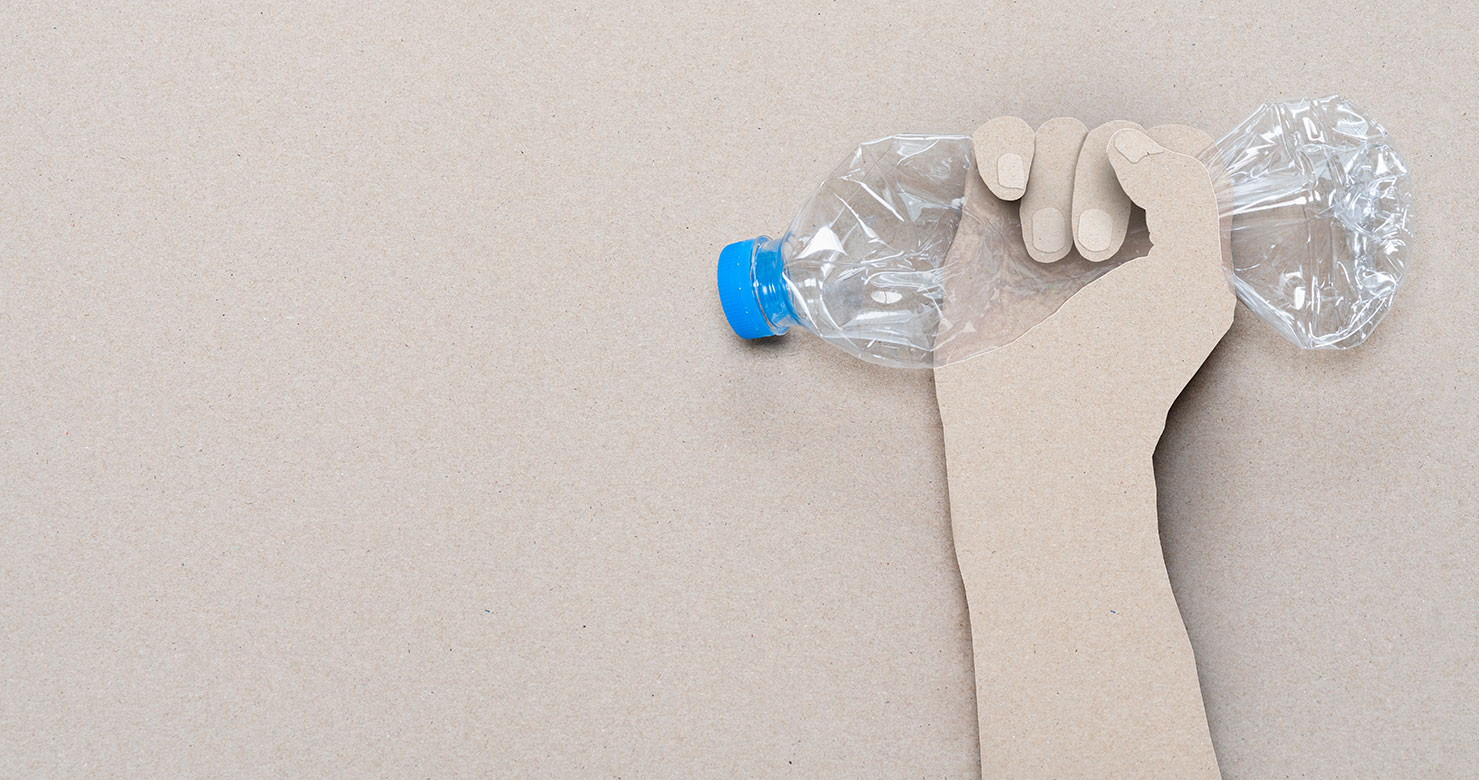
TPEE film is a non-porous hydrophilic film made of thermoplastic elastomer. It has excellent moisture permeability and high waterproof strength. It is suitable for recycled polyester fabrics because it can enter the recycling process more smoothly in future recycling efforts and thus reduce the burden on the environment.
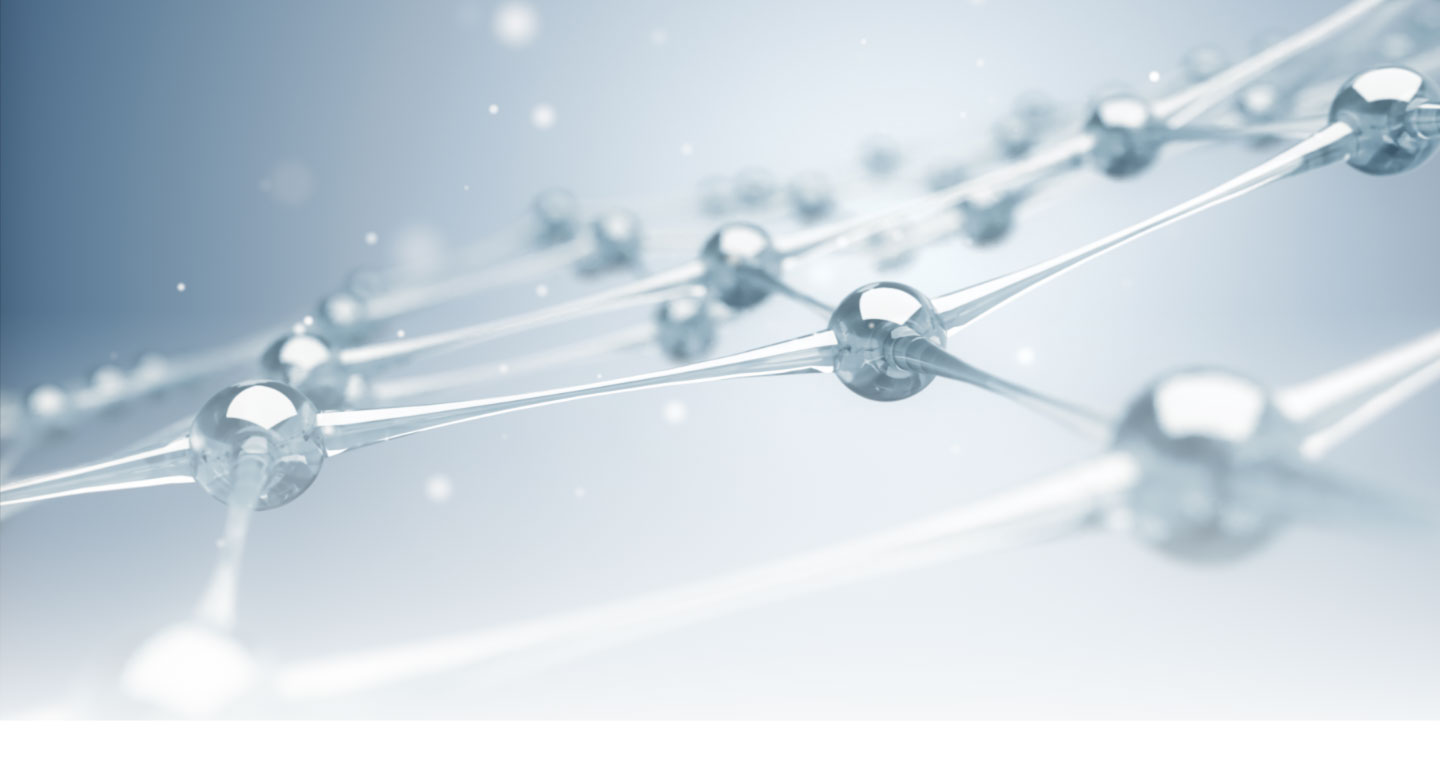
The hydrophobic microporous PP membrane, with a pore size of 0.1-3 μm, is a relatively man-made environmentally friendly material with the advantages of light weight, good air permeability and bacteriostasis.With current technology, you can freely choose between black 2 layers or white 3 layers.
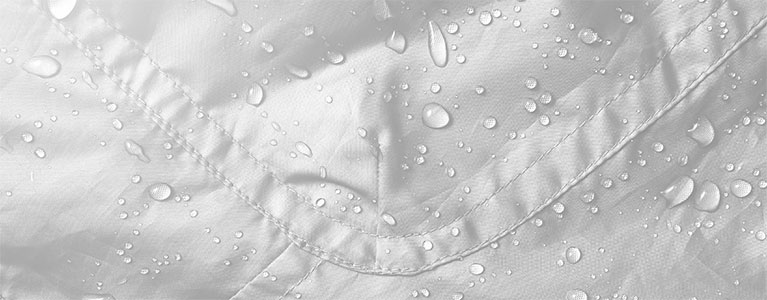
Traditional PU and TPU are polymer materials with perfect waterproof function. Membranes made of Recycled PU/TPU are easy to bond with any eco-friendly fabric. It has comparable tear strength and durability and is highly waterproof and breathable.
Excellent
Good
Mountaineering, Ski Jackets
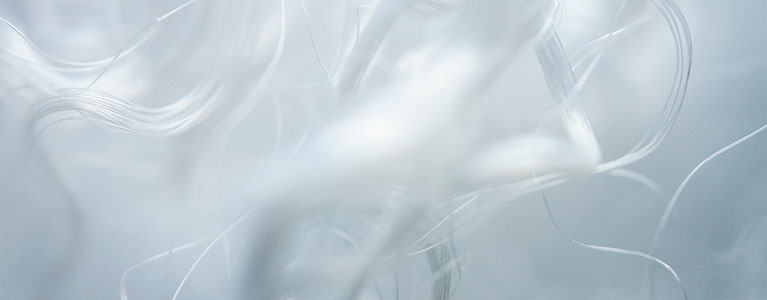
Nylon material has a natural high moisture content, and the moisture permeability of the membrane material is excellent. Compared with traditional nylon, the use of recycled and biomass nylon can reduce the impact on the environment. In addition to having excellent hydrophilicity, the use of fabrics of the same material can contribute to the goal of single recycling of garments in the future.
Good
Excellent
Mountaineering, Ski Jackets
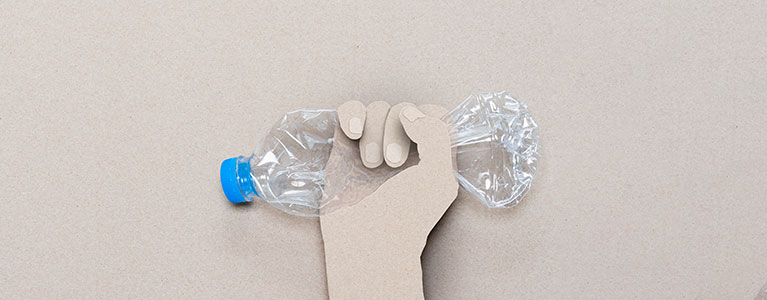
TPEE film is a non-porous hydrophilic film made of thermoplastic elastomer. It has excellent moisture permeability and high waterproof strength. It is suitable for recycled polyester fabrics because it can enter the recycling process more smoothly in future recycling efforts and thus reduce the burden on the environment.
Good
Good
Mountaineering, Ski Jackets

The hydrophobic microporous PP membrane, with a pore size of 0.1-3 μm, is a relatively man-made environmentally friendly material with the advantages of light weight, good air permeability and bacteriostasis.With current technology, you can freely choose between black 2 layers or white 3 layers.
Good
Excellent
0.9g/cm3
Mountaineering, Ski Jackets
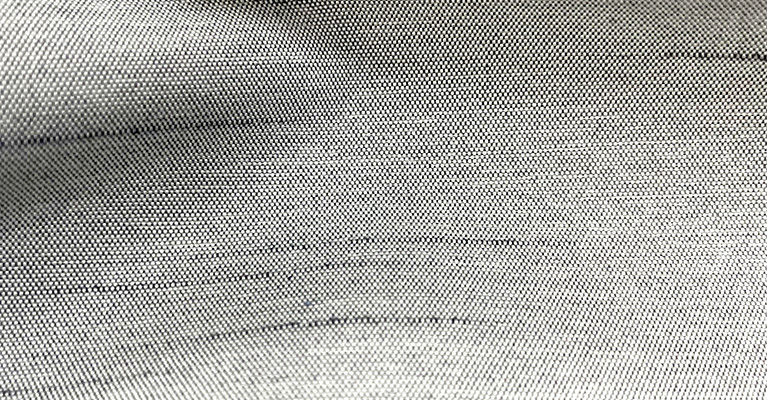

PD668GW23-BS
This green product is made of recycled bottles using an environmentally friendly water repellent. Beautiful mélange and slub effect give it a more natural appearance.
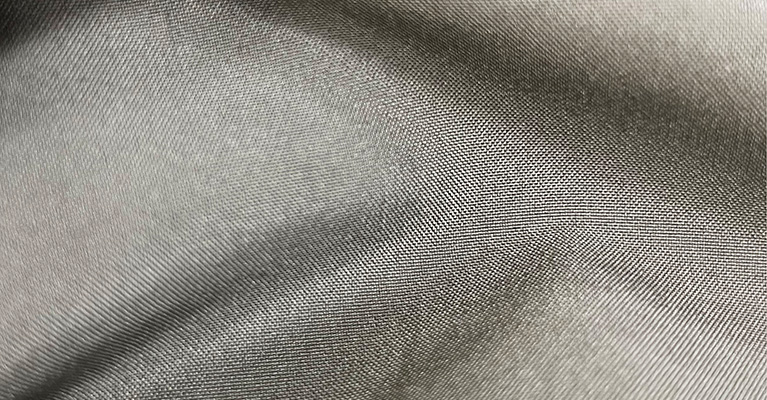

PP326QZ
Using recycled bottle yarn, the fabric has durable water repellence that provides comfort and function at the same time. It is strongly suggested for running pants.
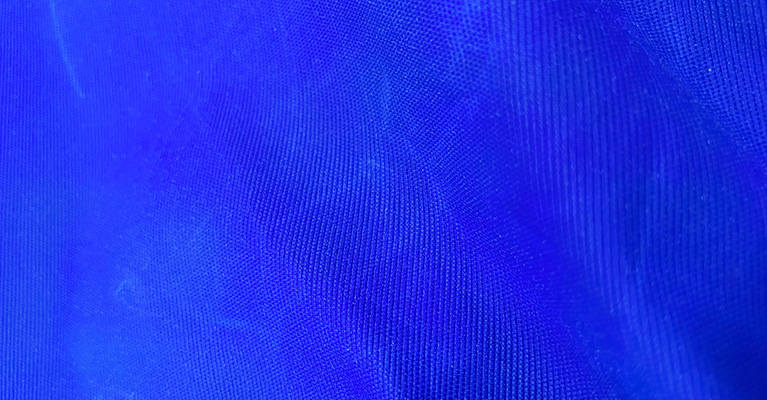

NP554DMR
The post-processing of wax and recycled nylon yarn is matched with thick denier yarn to create a more retro look. When doing outdoor activities, this fabric lets you enjoy every moment with a trendy style.
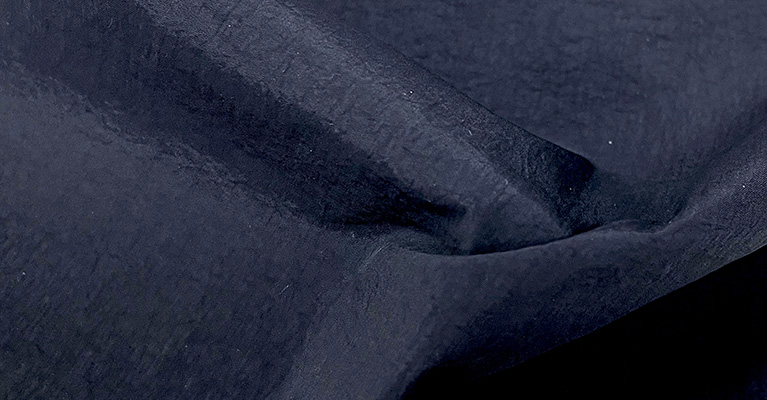

NP453RQZF-BS
This recycled nylon yarn is a green product that has a soft touch, durable water repellence, and wind resistance. Wearing this kind of fabric when exercising is the best choice for you. The crinkle effect makes it eve trendier.

